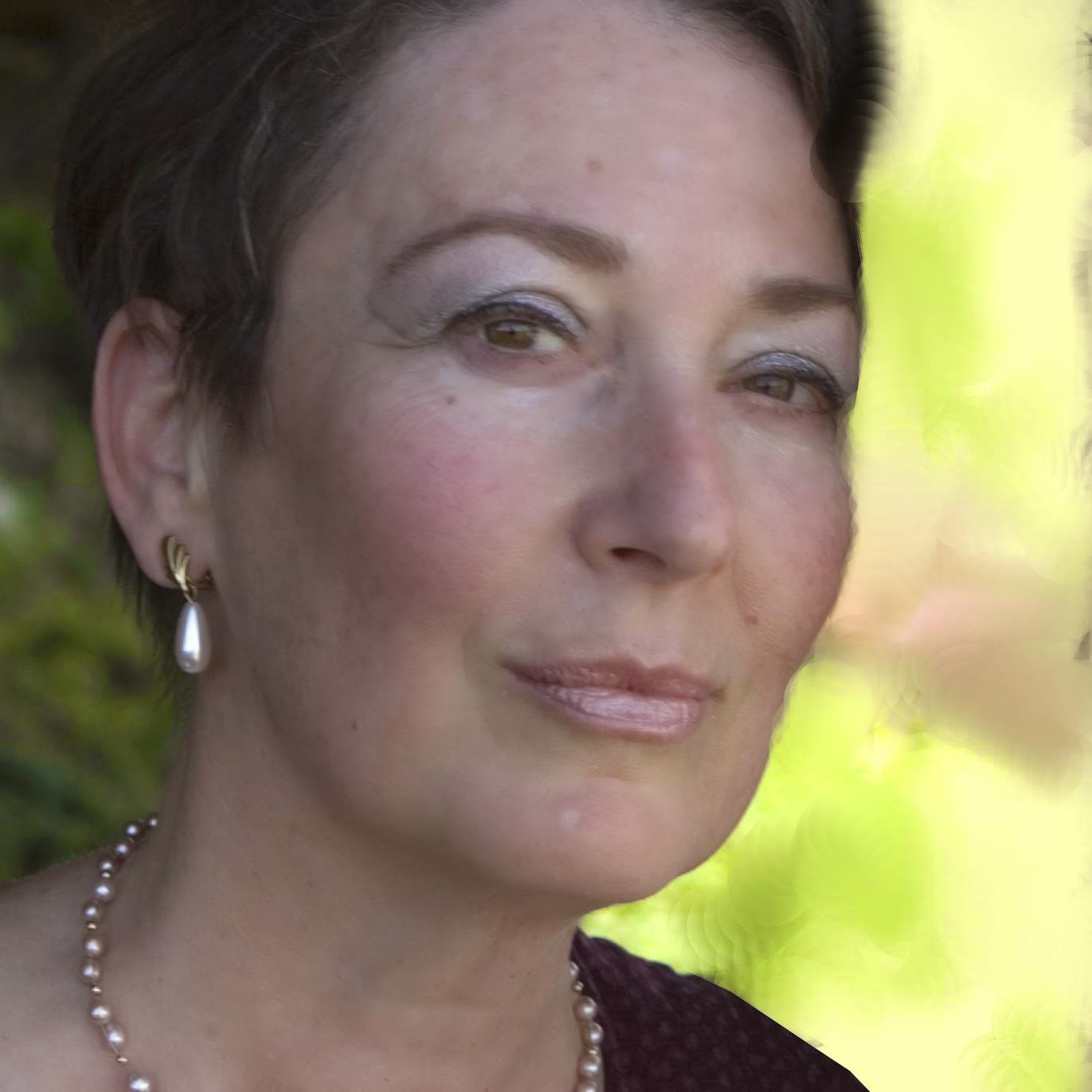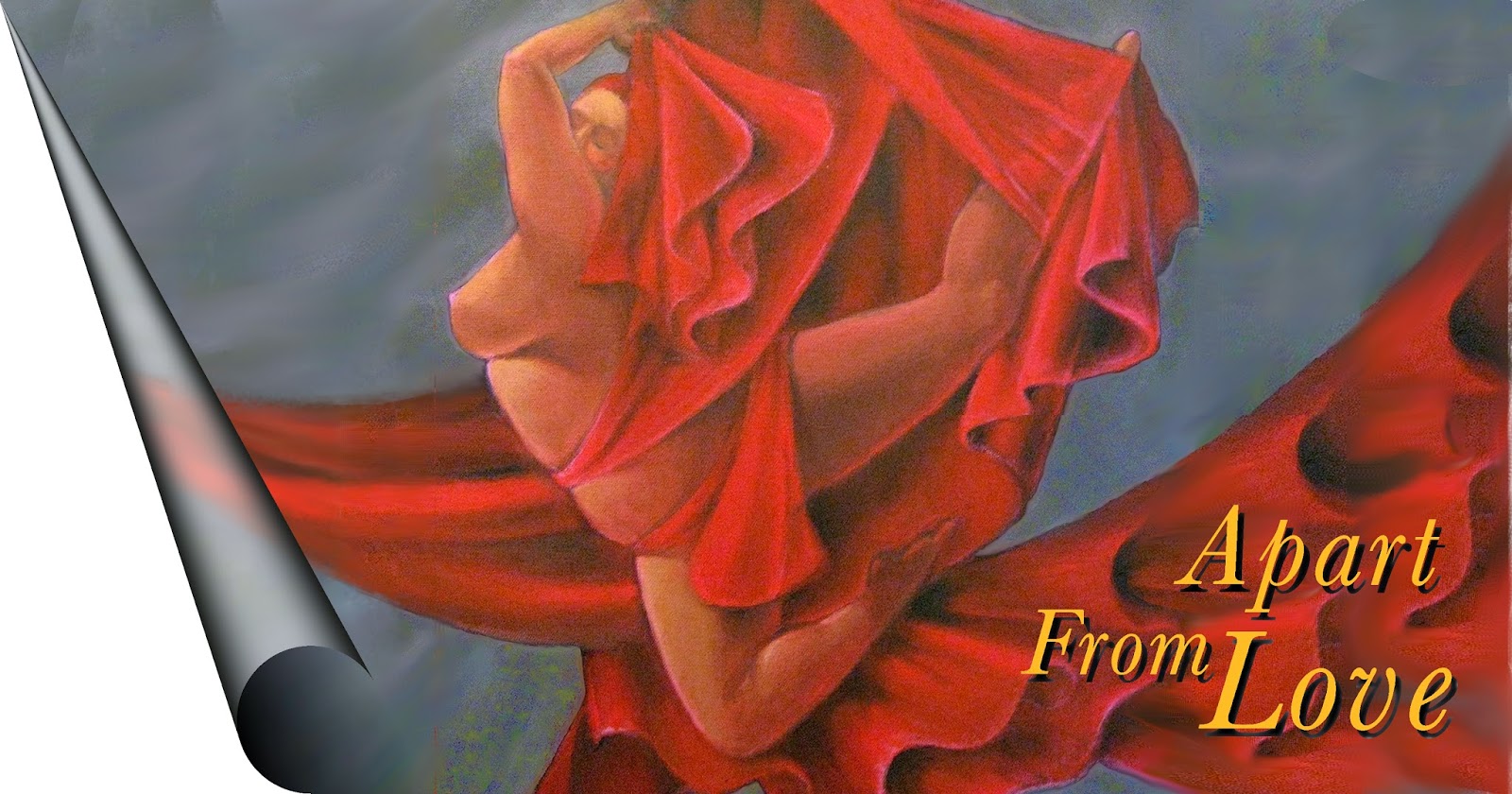A new writer colleague recently asked me how I got started in the craft, and it reminded me of a piece I wrote a long time ago explaining the phenomenon that was borne of terrible loss. Since then, I've written 22 books and I still crave the high I get from expanding my parallel universe. Here's the piece - hope you enjoy it.
Aaron Lazar
www.lazarbooks.com
I call it cheap therapy. It’s that gushing, near-religious, poured-from-the-body stress release that comes from writing my heart out for hours at a time. The act of writing delivers more balm to my soul than years of psychoanalysis, and I discovered it just in time.
There were eight of them. Eight family members and friends who died in five short years.
I was a neophyte in this death thing, having been blessed with a life yet untainted by such losses. My grandmother died when I was forty-three. It crushed me. I’d always dealt with death from afar. It had been a real possibility to face some day - in the distant future. Easy to put off. Impossible to imagine. When it happened, the shock of facing it head on was overwhelming.
Guilt clobbered me. I should have visited more. Called more. Written more.
But the three baby daughters we’d had in two years had consumed every ounce of our energy. We’d fallen into bed each night exhausted and awakened tired, yet happy, each morning. The thought of a ten-hour trip home seemed insurmountable with three little ones in car seats and diapers. So we delayed visits home for too long.
The next death came in a single, whooshing blow. My colleague at work, with whom I’d shared an office for eight years, suddenly died of a heart attack. Next came my father-in-law, my grandfather, and so on. I struggled to make sense of it. People were disappearing rapidly.
The unthinkable happened in 1997. My father was diagnosed with cancer in the same month that his mother died of Alzheimer’s Disease.
We had a summer of hope, but the disease hit again, and he was gone. Gone for good. Gone for real. In six short months, he was diagnosed, treated, and then he vanished.
Completely shattered, I walked a lot, trudging through the autumn woods as the crispy leaves eddied around my feet. I heard his voice whisper in the breeze, imagining words that weren’t there.
The need to write was insistent. Urgent.
I’d return to my office and madly type poems full of gaudy words that painted my grief. Each time I walked and mourned, I’d return home and write. Again. And again. And again.
Getting the words on paper was immensely comforting. Although I’d always known I would write a mystery series someday, I thought it would be when the kids were grown and I’d retired.
Then it hit me. I’d write a book and model the protagonist after Dad. It would be a tribute to him, a testimony to his life.
I began to write Double Forté. My hero was a music professor, like Dad. He gardened with a passion, like Dad. He embraced the arts, like Dad. And he assiduously tended to his musical spirit, like Dad. He played Chopin etudes with wild abandon to clear his mind and feed his soul. And he cooked magnificent feasts for his family from his gardens that burgeoned with exotic vegetables.
As the book began to take shape, so did the characters. Gus LeGarde’s secretary, Maddy, became the reincarnation of my Grandma Lena. Oscar and Millie Stone were near replicas of my maternal grandparents. I found consolation in the creation of scenes, as if I’d found a way to “visit” with them. And as the process of writing one book became easier, the next, and the next, and the next flowed effortlessly from my fingertips until I stopped to breathe. I created eight full novels in five short years. And the pattern continues. I’ve just finished my tenth novel.
This healing process provides therapy, but affords an escape to a parallel universe where I control my characters’ destiny. I like it. A lot. I invent the bad guys, neatly dispatch them, rescue my hero from certain death, and cement intricate relationships between cast members.
This remarkable outlet allows creative juices to flow and provides a safe haven for my imagination to flourish. I’m hooked, big time. There’s no stemming the tide. I fight for time to write, feeling cheated if I don’t get my daily “fix.” And when the latest chapter is keyed in, or the monthly essay penned, a deep sigh of relief is expelled. I’m free. I’m sated. I’m going to be okay.
Yes. I’m going to be just fine. And best of all, there’s no co-payment.
-->
***
Aaron Paul Lazar writes to soothe his soul. An award-winning, bestselling Kindle author of three addictive mystery series, writing books, and a new love story, Aaron enjoys the Genesee Valley countryside in upstate New York, where his characters embrace life, play with their dogs and grandkids, grow sumptuous gardens, and chase bad guys. Visit his website at http://www.lazarbooks.com and watch for his upcoming releases, DEVIL’S LAKE(2014), and THE LIAR’S GALLERY (2014).











